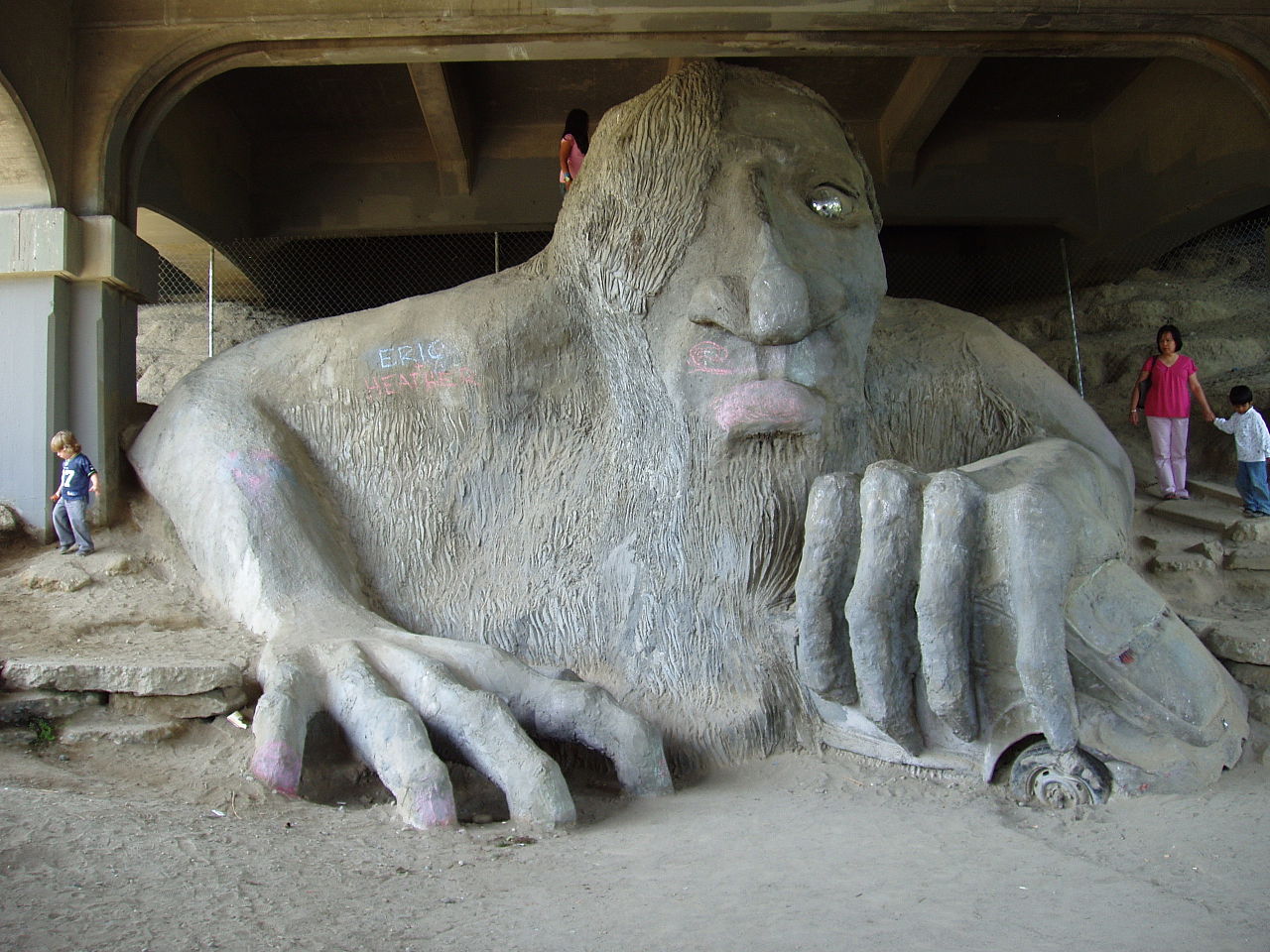Elite Media trolls, banter and journalism

The Guardian’s James Ball has an interesting , and suitably search-bait-headlined, comment on internet trolls that’s worth a read. The last par is the kicker:
The transformative promise of the internet was that it would shift control of the media agenda away from an elite group of editors to the public as a whole. At the moment, we risk merely shifting from the agenda of elite editors to that of elite trolls. Surely we can do better than that.
If you want a definition of trolls then James has that covered too –
tiny groups of – let’s just say it – arseholes are swarming our cultural coverage
I agree that the idea that internet would move power from the media elite is being challenged. But I’m not sure that power is being shifted. I worry more that the media is shifting itself into the same space as the troll elite (in some cases taking on its behavior or, as James suggests, at the very least feeding it).
Social media is now the ‘audience’ as far as journalists day-to-day experiences are concerned. I think that’s why some struggle with trolls, especially the idea of ignoring them. They confuse trolls with the audience because in terms of a journalists perspective through social media, they are there audience. It’s a vicious circle. Attention is attention.
I also look at my social media feeds and I see a lot of media, trolling media. I see journalists on some media sites taking swipes at other journos. I see articles that reference or can be traced back to ‘banter’ (I believe this is what we have to call it these days) on social media. Of course, the swipes are more often than not good natured and this is nothing new. Hell, the Daily Mail is the biggest troll the BBC has ever had! But the insular nature of the debate – fleet street/media gossip – isn’t confined to the columnists or the editorial section anymore. The elites/cliques and communities are more visible and vocal. In the same way that journalists might see social media as the audience do social media see that as journalism?
So as I look through my feed and follow stories like gamergate etc. I finding myself asking, How much of that elite trolling is being done by elite media?
Don’t get me wrong here. I’m not saying that journalists create/welcome/deserve trolls. I know there is a difference between trolling and ‘banter’ and that ‘banter’ is a broad church that covers some pretty shitty behavior. Trolling is something that needs some serious and fundamental thought in newsrooms – its about feeling safe when you work. But I think it might be a little too easy to see trolling/banter as an aberration or something necessarily separate.
I’m thinking about this a fair bit at the moment as I start the year’s teaching thinking about where social media fits into their journalism. James’ piece made me wonder that faced with a bunch of students who are active and established users of social media (where, take it from me, the public ‘banter’ is pretty robust) I should really be thinking about getting it the other way round: Where does journalism fit into their social media? For many of them, that’s their experience of journalism as a consumer, it’s perhaps the first experience of many of the next generation of news consumers.
How we behave online as journalists just gets more complicated the more we do it. Interesting times.
